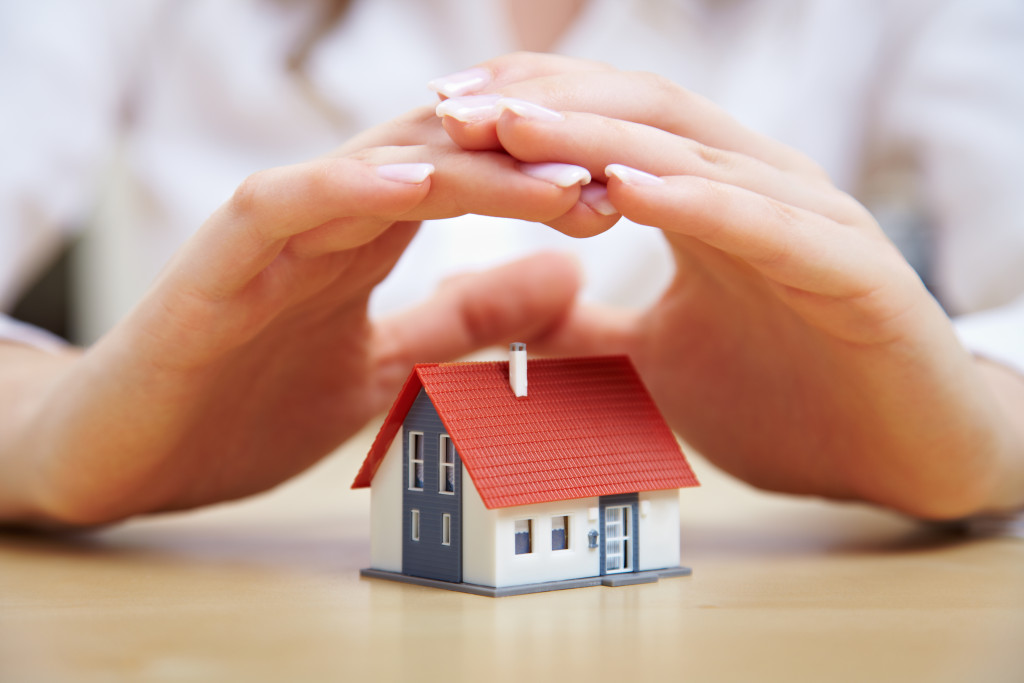As a property manager, you have a lot on your plate. In addition to finding and screening tenants, you’re also responsible for maintaining the property, handling repairs, and, most importantly, keeping your tenants safe. While you can’t control everything, there are steps you can take to help ensure your tenants feel safe in their homes. From improving building security to establishing clear communication channels, here are some tips for keeping your tenants safe.
1. Improve Building Security
One of the best ways to keep your tenants safe is to improve the security of your building. If your property doesn’t have an existing security system, now is the time to invest in one. A sound security system will deter criminals and give tenants a way to call for help in an emergency quickly.
When choosing a security system, be sure to select one that is appropriate for the size and layout of your property. You’ll also want to consider the needs of your tenants. For example, if you have elderly tenants or tenants with young children, you may want to install a system that includes panic buttons or medical alerts. These features can be lifesavers in an emergency.
2. Conduct Regular Safety Inspections
Another critical step in keeping your tenants safe is conducting regular safety inspections of your property. These inspections should be conducted both inside and outside the rental unit and should be conducted by a qualified professional. During these inspections, look for hazards such as loose handrails, exposed wiring, or damaged flooring. These hazards can seriously threaten tenant safety and should be repaired as soon as possible.
Electrical and gas-related hazards are particularly dangerous and should be given special attention. Have a qualified professional check all electrical outlets, switches, and wiring. Getting an EICR (Electrical Installation Condition Report) should also be a priority because this will help you identify any electrical hazards that need to be repaired. You should also check gas appliances regularly to ensure they are safe.

3. Establish Clear Communication Channels
In any emergency situation, timely and effective communication is critical. That’s why it’s so important to establish clear communication channels between you and your tenants. You should use these channels to share important safety information, such as evacuation procedures or severe weather alerts. Some best ways to communicate with tenants include using a mass notification system, posting signs around the property, or sending out monthly newsletters.
You should also ensure each tenant knows how to reach you in an emergency. Be sure to provide them with your contact information (including your cell phone number) and make yourself available 24/7 in an emergency. If you cannot be available at all times, be sure to provide tenants with the contact information for a qualified professional to assist them in an emergency.
4. Provide Ample Lighting
One often-overlooked aspect of tenant safety is lighting. Well-lit properties are less likely to be targeted by criminals and are generally considered safer places to live. That’s why providing ample lighting inside and outside your rental units is essential. You can easily add lighting to your property by installing motion-sensor or solar-powered lights. These lights will deter criminals and make tenants feel safe.
Some rental properties also come with security features such as gates or fences. If your property has these features, be sure to keep them well-lit. This will make it more difficult for criminals to access your property and will make tenants feel safer. You can also add lighting to these areas by installing floodlights or solar-powered lights.
5. Keep Common Areas Clean and Well-Maintained
Another way to help keep your tenants safe is by keeping common areas clean and well-maintained. This includes regularly cleaning hallways, stairwells, and common areas such as laundry rooms or playgrounds. By keeping these areas clean and free of debris, you can help prevent accidents and injuries from occurring on your property.
You should also make sure that common areas are well-lit and free of potential hazards. Be on the lookout for loose handrails, exposed wiring, or broken stairs. These hazards can seriously threaten tenant safety and should be repaired as soon as possible. Hire a professional to conduct regular safety inspections of common areas to help identify potential hazards.
As a property manager, it’s your responsibility to keep your tenants safe from harm. You can take many steps to achieve this goal, from improving building security to establishing clear communication channels with your tenants. By following these tips, you can help create a safe environment for everyone who lives in your rental property. Always remember: safety is a top priority.

